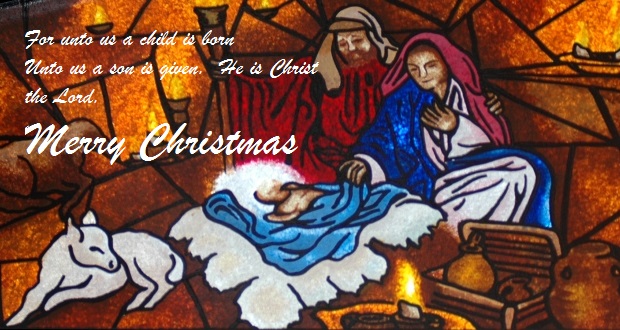Good King Wenceslas

“Good King Wenceslas” is a popular Christmas carol that narrates of Good King Wenceslas braving extreme winter season weather to offer alms to a poor peasant on the Feast of Stephen (the 2nd day of Christmas, December 26). Throughout the trip, his page is about to give up the struggle against the winter, but is allowed to continue by following the king’s footprints, action for step, with the deep snow. The legend is based upon the life of the historical Saint Wenceslaus I, Duke of Bohemia or Svatý Václav in Czech (907– 935).
In 1853, English hymn writer John Mason Neale wrote the “Wenceslas” lyrics, in collaboration with his music editor Thomas Helmore, and the carol first appeared in Carols for Christmas-Tide, 1853. Neale’s lyrics were set to a tune based on a 13th-century spring carol “Tempus adest floridum.”.
Wenceslas was considered a martyr and a saint instantly after his fatality in the 10th century, when a cult of Wenceslas matured in Bohemia and in England. Within a few decades of Wenceslas’s fatality, 4 bios of him were in circulation. These hagiographies had an effective impact on the High Middle Ages conceptualization of the rex justus, or “righteous king”– that is, a majesty whose power stems mostly from his excellent piety, along with from his baronial vitality.
Referring approvingly to these hagiographies, the historian Cosmas of Prague, composing in about the year 1119, states:.
His deeds I think you know better than I could tell you; for, as is read in his Passion, no one questions that, increasing every night from his noble bed, with bare feet and only one chamberlain, he went around to God’s churches and offered alms generously to widows, orphans, those in jail and affected by every trouble, so much so that he was thought about, not a prince, however the father of all the wretched.
Several centuries later the legend was declared as fact by Pope Pius II, who himself likewise strolled 10 miles barefoot in the ice and snow as an act of pious thanksgiving.
Wenceslas was, throughout his lifetime, only a duke, Holy Roman Emperor Otto I posthumously “conferred on [ Wenceslas] the regal dignity and title” which is why, in the legend and song, he is referred to as a “king”. The usual English spelling of Duke Wenceslas’s name, Wenceslaus, is occasionally run into in later textual variations of the carol, although it was not utilized by Neale in his variation. Wenceslas is not to be puzzled with King Wenceslaus I of Bohemia (Wenceslaus I Premyslid), who lived beyond what three centuries later.
Good King Wenceslas : Lyrics
Good King Wenceslas looked out
On the feast of Stephen
When the snow lay round about
Deep and crisp and even
Brightly shone the moon that night
Though the frost was cruel
When a poor man came in sight
Gath’ring winter fuel
“Hither, page, and stand by me
If thou know’st it, telling
Yonder peasant, who is he?
Where and what his dwelling?”
“Sire, he lives a good league hence
Underneath the mountain
Right against the forest fence
By Saint Agnes’ fountain.”
“Bring me flesh and bring me wine
Bring me pine logs hither
Thou and I will see him dine
When we bear him thither.”
Page and monarch forth they went
Forth they went together
Through the rude wind’s wild lament
And the bitter weather
“Sire, the night is darker now
And the wind blows stronger
Fails my heart, I know not how,
I can go no longer.”
“Mark my footsteps, my good page
Tread thou in them boldly
Thou shalt find the winter’s rage
Freeze thy blood less coldly.”
In his master’s steps he trod
Where the snow lay dinted
Heat was in the very sod
Which the Saint had printed
Therefore, Christian men, be sure
Wealth or rank possessing
Ye who now will bless the poor
Shall yourselves find blessing






